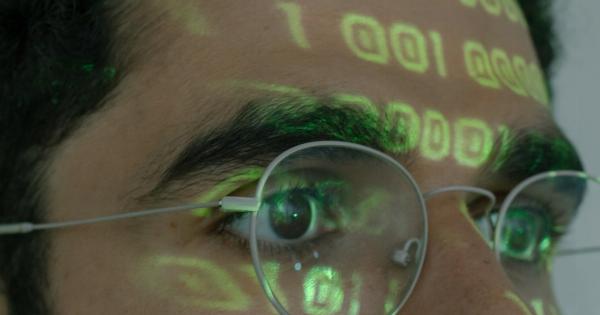Human brains work in mysterious ways. Even sophisticated functional imaging techniques have struggled to capture the intricacies of the human mind.
However, advances in appropriate hardware and software resources for analyzing human brain activity have made it possible to decipher, decode and identify the neural signals that correlate with the human brain’s inner workings.
A team of scientists at UC San Francisco has developed an advanced artificial intelligence system that analyzes and translates the brain’s electrical activity into English effortlessly.
The AI system is capable of processing complex data patterns from the brain and translating them into comprehensible speech, making it possible to understand what goes on in the human mind without disruptions or difficulties.
An Overview of the Advanced AI System
The new AI system is an amalgamation of machine-learning algorithms and advanced computational power, along with deept neural networks. The team at UCSF announced their accomplishment in a recent paper published in Nature Communications.
The neuroscience team in charge of the project began with a small group of non-invasive patients who were undergoing a diagnostic procedure called electroencephalography (EEG), which measures the brain’s electrical activity using electrodes placed above the scalp.
The team extracted the EEG signals from the patients and fed them into a deep-learning algorithm called a convolutional neural network (CNN). After that, the CNN automatically learned to recognize and understand different EEG patterns in the brain.
The AI system developed by the UCSF team has been optimized to work with specific types of speech, including phonemes (individual sounds that make up words), syllables, and words.
It translates the encoded EEG data into English audio and written words with unprecedented accuracy and speed.
The Advantages of the Advanced AI System
One of the significant advantages of the new advanced AI system developed by the UCSF team is that it will have the potential to benefit people who have lost their ability to speak due to diseases such as ALS (amyotrophic lateral sclerosis) or injuries that damage the speech centers of the brain.
By analyzing a patient’s brain activity, the advanced AI system will be an essential tool for helping medical professionals translate the neural signals that govern speech. This AI system will revolutionize how we approach speech rehabilitation.
Applications of the Advanced AI System
The advanced AI system developed by the UCSF team will have several applications in neuroscience, including:.
Neurological Disorders Diagnosis
The AI system will be instrumental in diagnosing and treating patients with neurological disorders such as Parkinson’s and Alzheimer’s.
By analyzing a patient’s brain activity, the data collected will help medical professionals comprehend the underlying principles of the brain’s inner workings in these diseases. This understanding will help develop better treatments and ultimately lead to a cure for these diseases.
Speech Rehabilitation
Using the same methodology, the advanced AI system could reveal what brain activity patterns correspond to the creation of specific sounds, which might assist people who have speech impediments or lost speech due to stroke or illness.
Patients who have lost their speech abilities could use the system to communicate with others.
Medical Research and Drug Development
The AI system could help scientists better understand the complex processes in the brain, allowing them to create unique drugs that could target specific brain regions.
As a result, the system could have far-reaching applications in drug development, particularly for neurological disorders.
The Future of the AI System
The advanced AI system developed by the UCSF team could revolutionize how we diagnose and treat neurological disorders, as well as help medical professionals understand how the brain works.
The work marks an important milestone in the field of neuroscience and artificial intelligence.
As the system’s accuracy improves through more trials and enhancement, it will provide unprecedented insight into the neural correlates of behavior and cognition.
This technology will improve communication between patients and healthcare professionals, assisting people in need of speech rehabilitation, and ultimately usher in a new era of neuroscience research and medicine.
Conclusion
The advanced AI system developed by the UCSF team is a remarkable achievement in neuroscience and artificial intelligence. The new system provides hope for patients with neurological disorders like ALS, Alzheimer’s, and Parkinson’s disease.
It will revolutionize medical research and drug development, leading to the development of new therapies to help treat patients better.
Overall, the future looks bright for neuroscience and AI as work continues to build smarter systems that can comprehend the complexities of the human mind, and usher in a new era of medical progress and understanding.




























